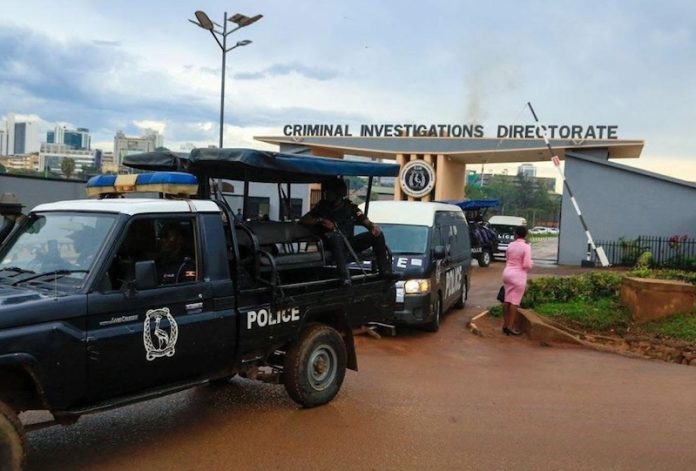At least ten senior officials from the Uganda Wildlife Authority (UWA) have been questioned at the Criminal Investigations Department (CID) headquarters in Kampala and detained amid serious allegations of involvement in a large-scale fraud involving chimpanzee and gorilla permits. Reports suggest that a multi-billion-shilling scheme saw permits issued and revenue diverted, undermining tourism earnings and threatening wildlife conservation efforts.
The scandal came into sharper light when whistle-blowers among UWA staff raised concerns about irregularities in the bookings system and missing documentation. Investigations indicate that personnel in the IT, reservations, and finance departments allegedly colluded to print permits without corresponding payments being remitted to UWA’s official accounts.
For instance, internal audits revealed that hundreds of visitors were tracked at protected parks, yet their payments were not reflected in UWA’s financial records. The permit-booking system was found to have weak security controls, lacking receipt numbers, visitor details, and staff signatures — making accountability almost impossible.
As part of the response, UWA has suspended at least eleven staff members implicated in the scandal. The Ministry of Tourism, Wildlife and Antiquities has also called for a forensic audit by the Office of the Auditor General to review transactions covering several years at key parks such as Bwindi Impenetrable, Kibale Forest, and Mgahinga Gorilla National Park.
The fraud allegations strike at the heart of Uganda’s tourism revenue system. Gorilla and chimpanzee tracking permits are among the country’s most lucrative tourism products, with a single gorilla permit costing around US $700 (over UGX 2.5 million). The suspected losses are estimated to be in the billions of shillings, with some sources suggesting figures as high as UGX 60 billion, although UWA maintains that verified losses are lower pending the outcome of investigations.
Beyond the financial damage, the scandal threatens the credibility of Uganda’s wildlife conservation and tourism sectors. Gorilla trekking, one of Uganda’s signature attractions, draws thousands of international visitors each year and contributes significantly to local community development and conservation programs.
The case is now being handled by the CID in coordination with the Director of Public Prosecutions, who will determine the charges to be filed. UWA management has pledged to cooperate fully with investigative agencies and to implement stronger internal controls to prevent future misconduct. Disciplinary actions, staff reshuffles, and system upgrades are already underway to restore public trust and safeguard the integrity of Uganda’s wildlife tourism industry.

